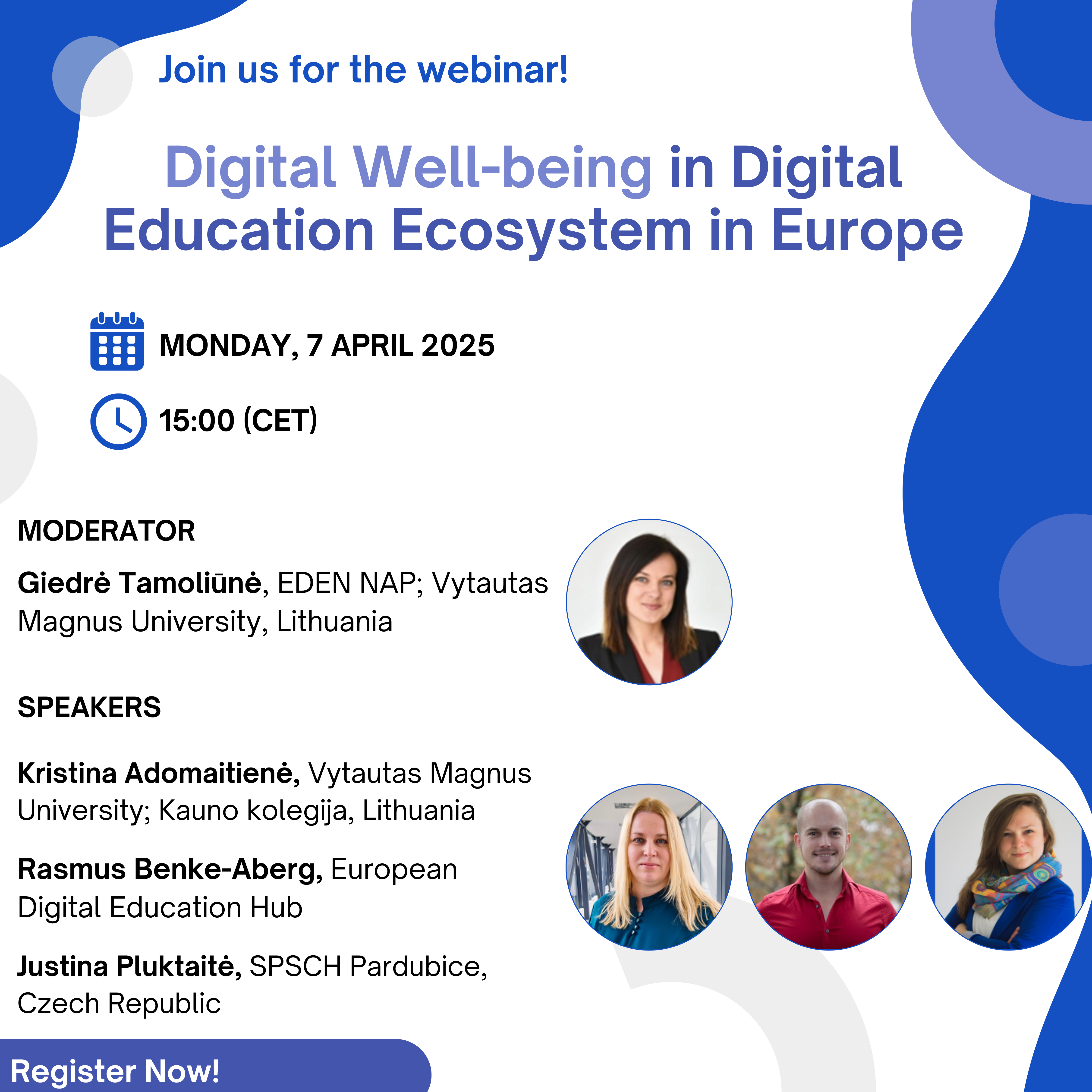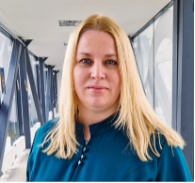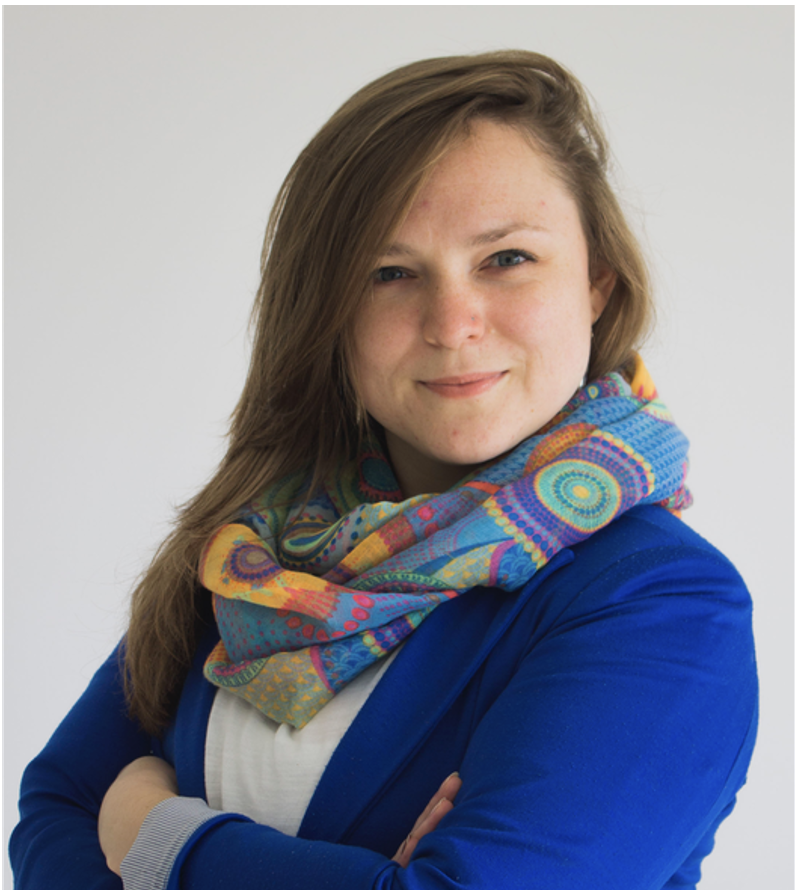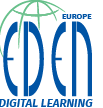
Watch Now! EDEN NAP Webinar – Digital Well-being in Digital Education Ecosystem in Europe, April 7 at 15:00 (CET)
Description
The growing importance of well-being in digital education aligns closely with global initiatives like the Sustainable Development Goals and the Digital Education Action Plan. As digital education continuously transforms by offering great opportunities, it simultaneously presents new challenges, including those related to our well-being in the digitalized world. In this context, digital well-being extends beyond online safety and encompasses a holistic approach, focusing on students’ and educators’ physical, mental, emotional, and social health. It’s about integrating digital wellbeing into teaching practices, promoting the development of digital competences and safe technology tools, and identifying both the positive and negative impacts of digital tools.
This webinar will focus on the critical aspects of digital well-being within the European education ecosystem, exploring research, policies, and practical strategies to create healthier, more balanced, and ultimately more effective digital learning experiences.
Type of session: presentations with discussion
Duration: 90 minutes
Moderator

Dr. Giedrė Tamoliūnė is an associate professor at Education Academy and senior specialist at the Institute for Study Innovations at Vytautas Magnus University. She is involved in European and national scientific and applied projects focusing on technology-enhanced teaching and learning aspects. Her research interests focus on technology-enhanced teaching and learning in higher education, digitally competent educators and institutions, the cooperation between EdTech and educational institutions, AI in education, and adult education. She has been a Steering Committee member of the EDEN Network of Academics and Professionals (NAP) since 2023.
Speakers

Kristina Adomaitienė is a PhD candidate at Education Academy at Vytautas Magnus University and head of the Strategic Planning and Study Quality Unit at Kauno Kolegija Higher Education institution. Her PhD thesis focuses on students’ digital well-being in a technology-enriched learning environment. She is actively involved in an international project on digital well-being within the education ecosystem. Her research interests include digitalization of education, higher education development, and study quality enhancement.

Rasmus Benke-Aberg is currently the Team Lead for Stifterverband’s involvement in the European Digital Education Hub. In this role, he is responsible for setting up and managing the community of about 7,500 members, making sure that the community activities are running smoothly. Before the current role, he worked as Programme Manager for Internationalisation for Hochschulforum Digitalisierung, a think-tank promoting digital education in Germany. He has also been Director of the Erasmus Student Network, Secretary General of the Organising Bureau of European School Student Unions, and has served two years as Vice President of the Lifelong Learning Platform, working on cross-sectoral topics in EU education.

Justina Pluktaitė is an Officer for Foreign Relations at Czech Vocational School – Upper Secondary School of Chemistry Pardubice (SPSCH Pardubice). She has wide expertise in national and international educational projects (private sector, higher education, non-governmental, vocational), organising international events, delivering trainings on soft skills, managing social media tools, etc. She is passionate about sustainability and related activities.
Moreover, for the past few years, Justina has been part of the EdTechLab team at SPSCH Pardubice, which is a conceptual platform for knowledge transfer on the digitalisation of education. She has experience and is part of the team developing educational materials using immersive technologies in VET education. Wellbeing in digital education is also part of the interest in working on digital transformation.
